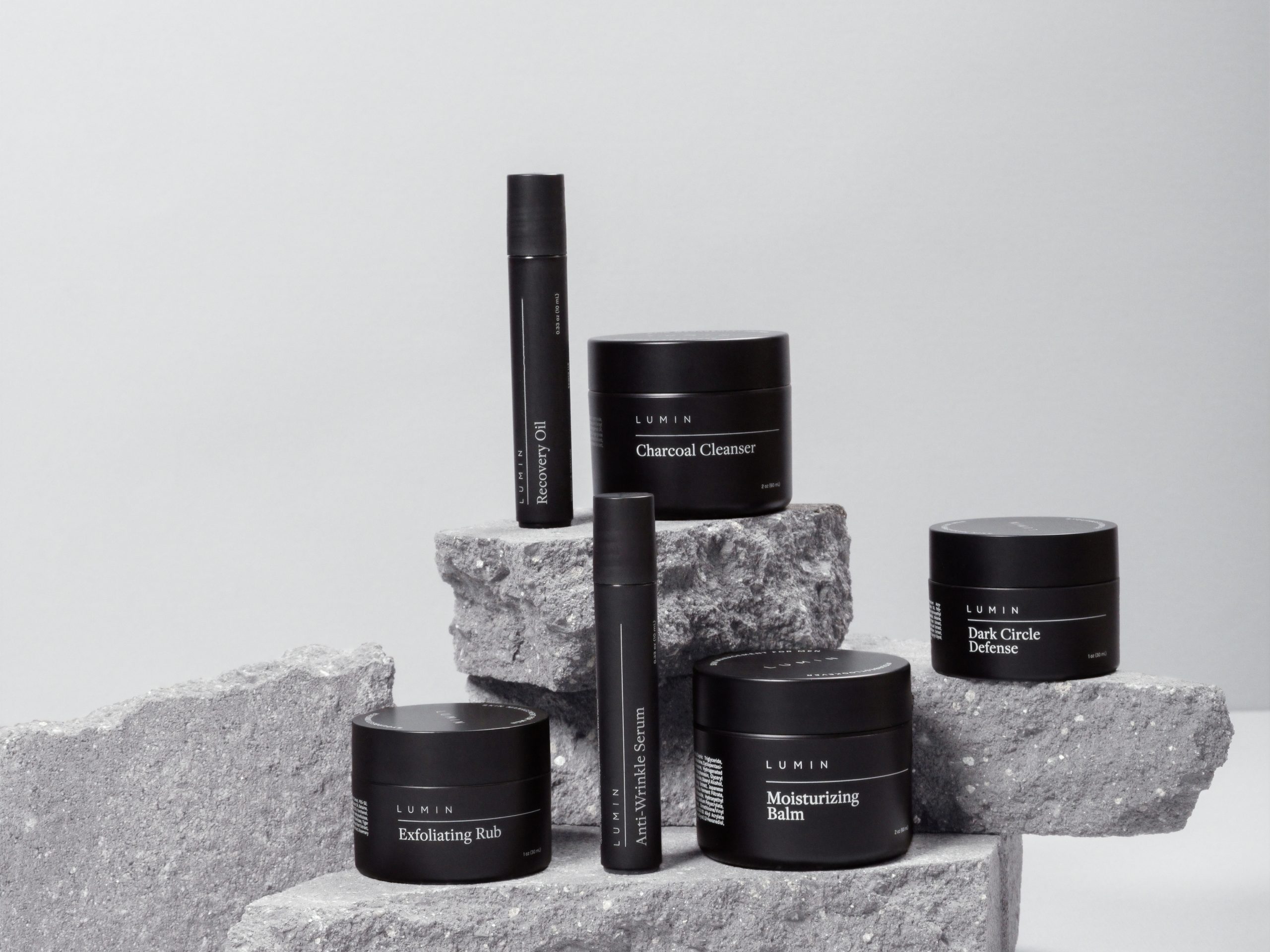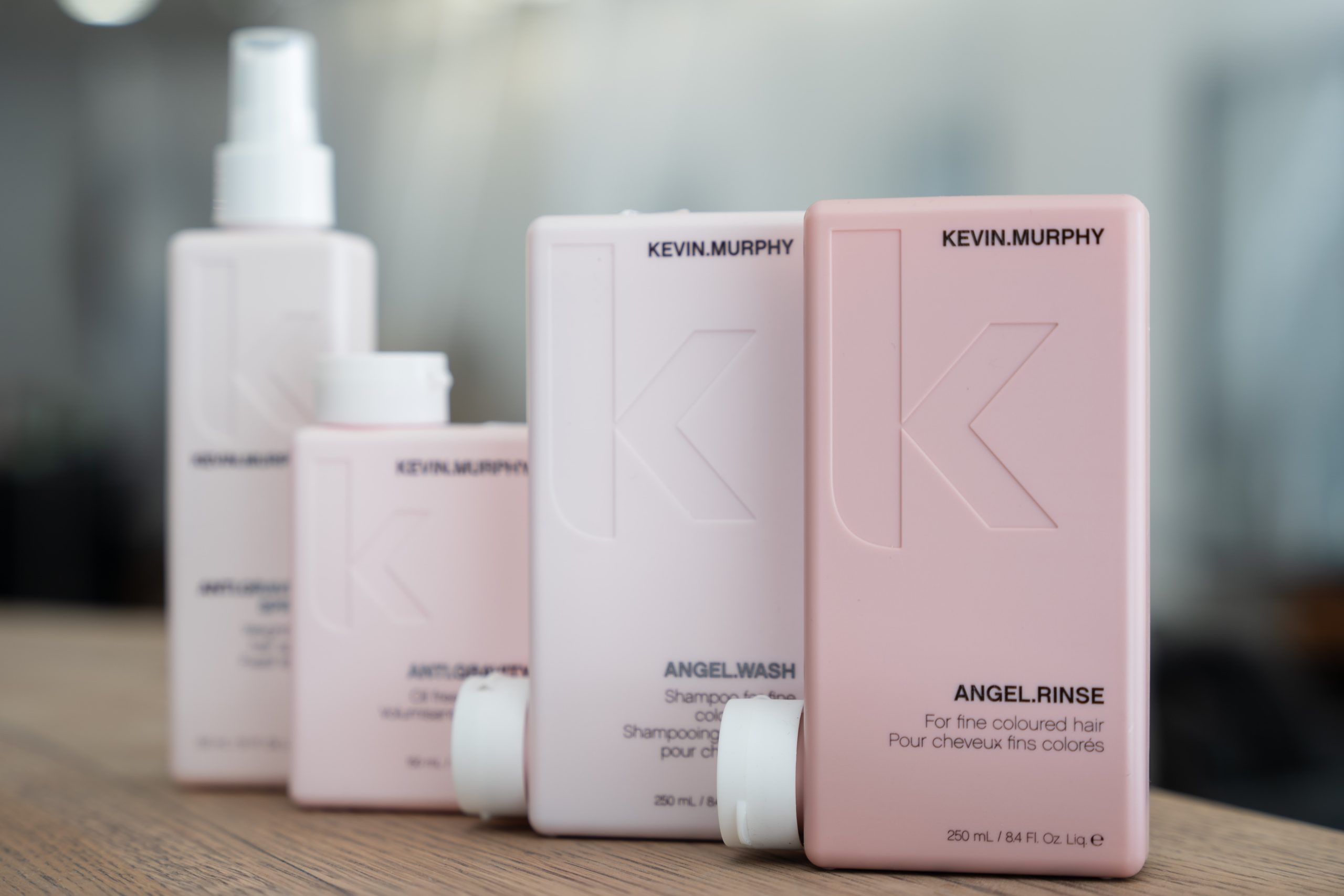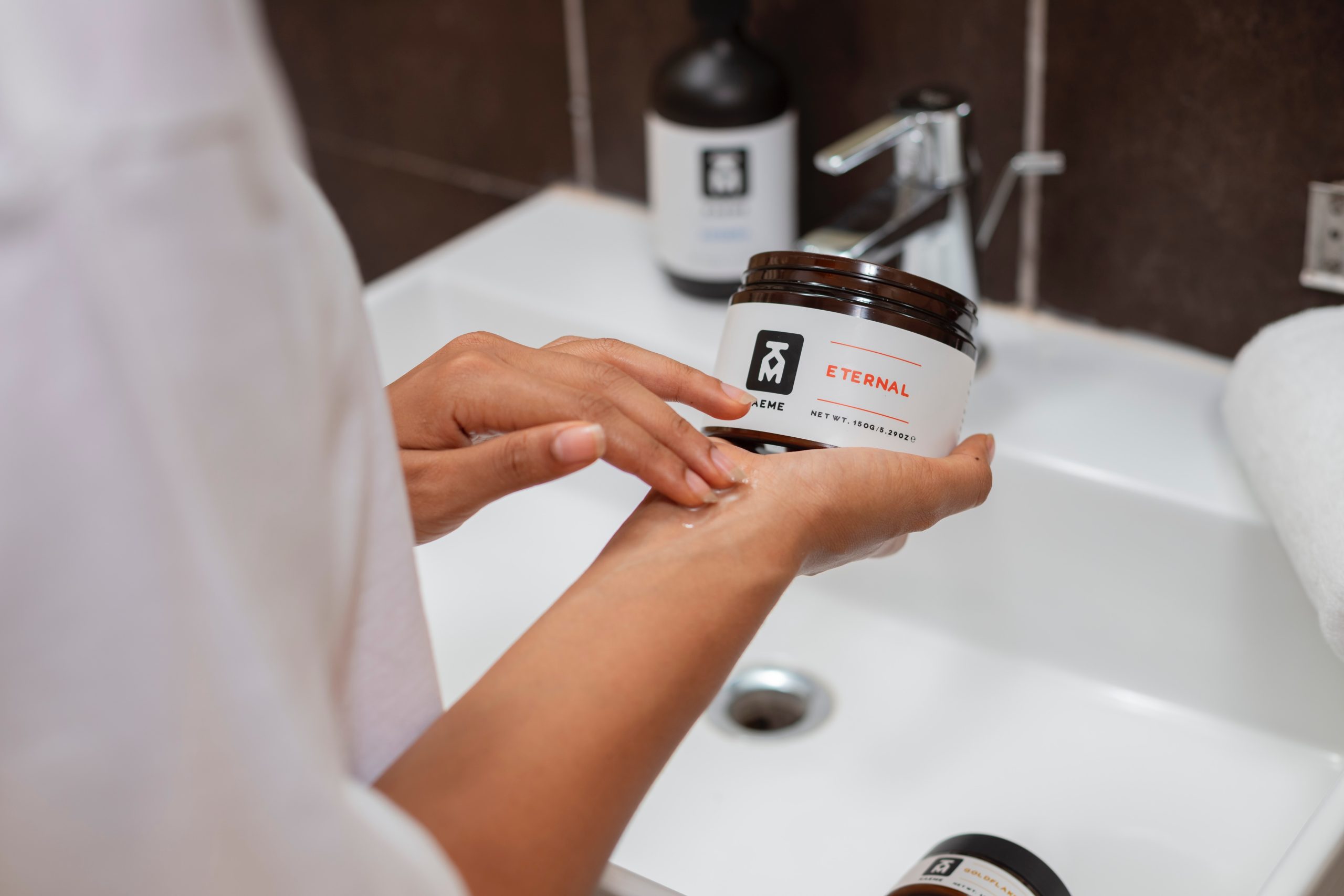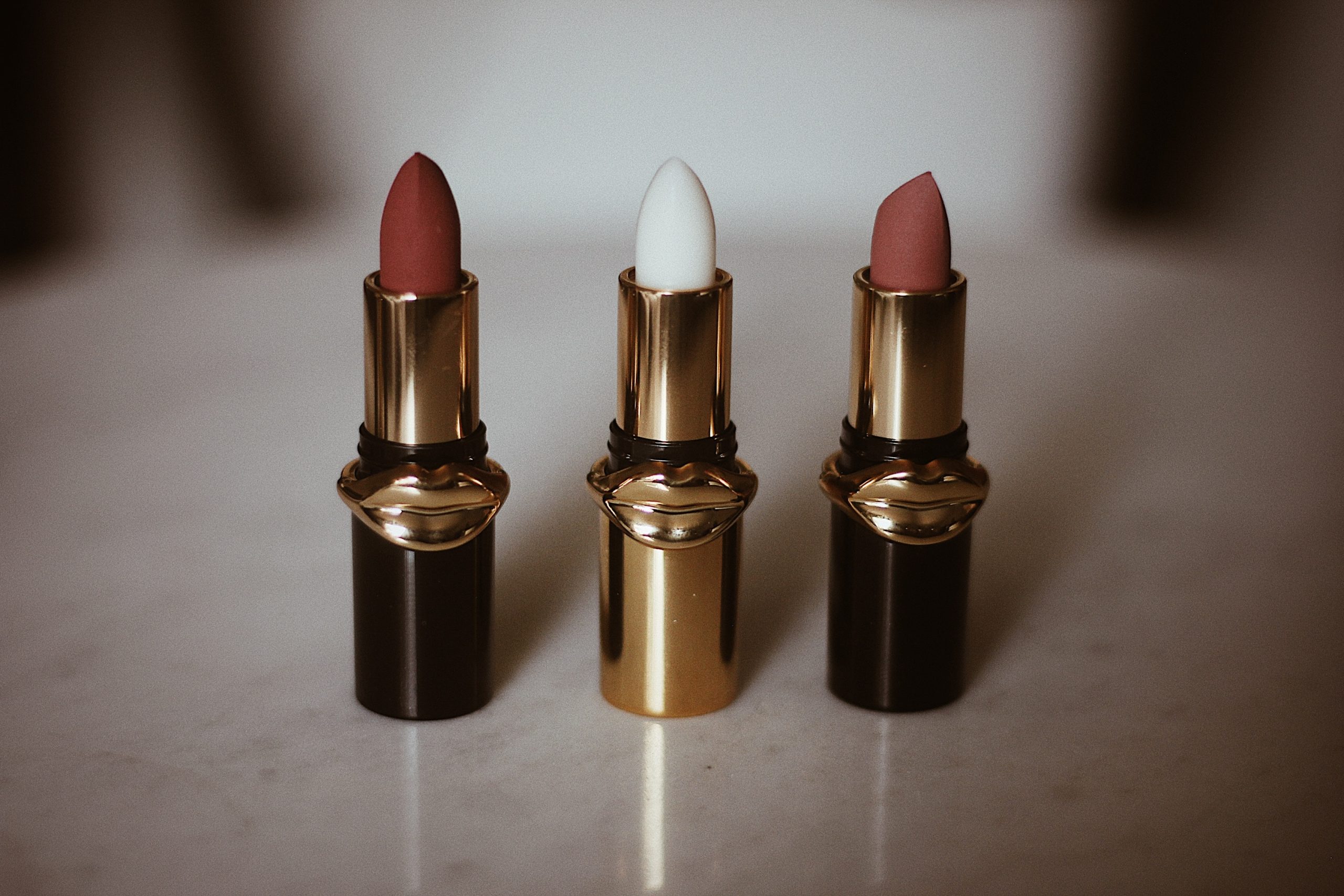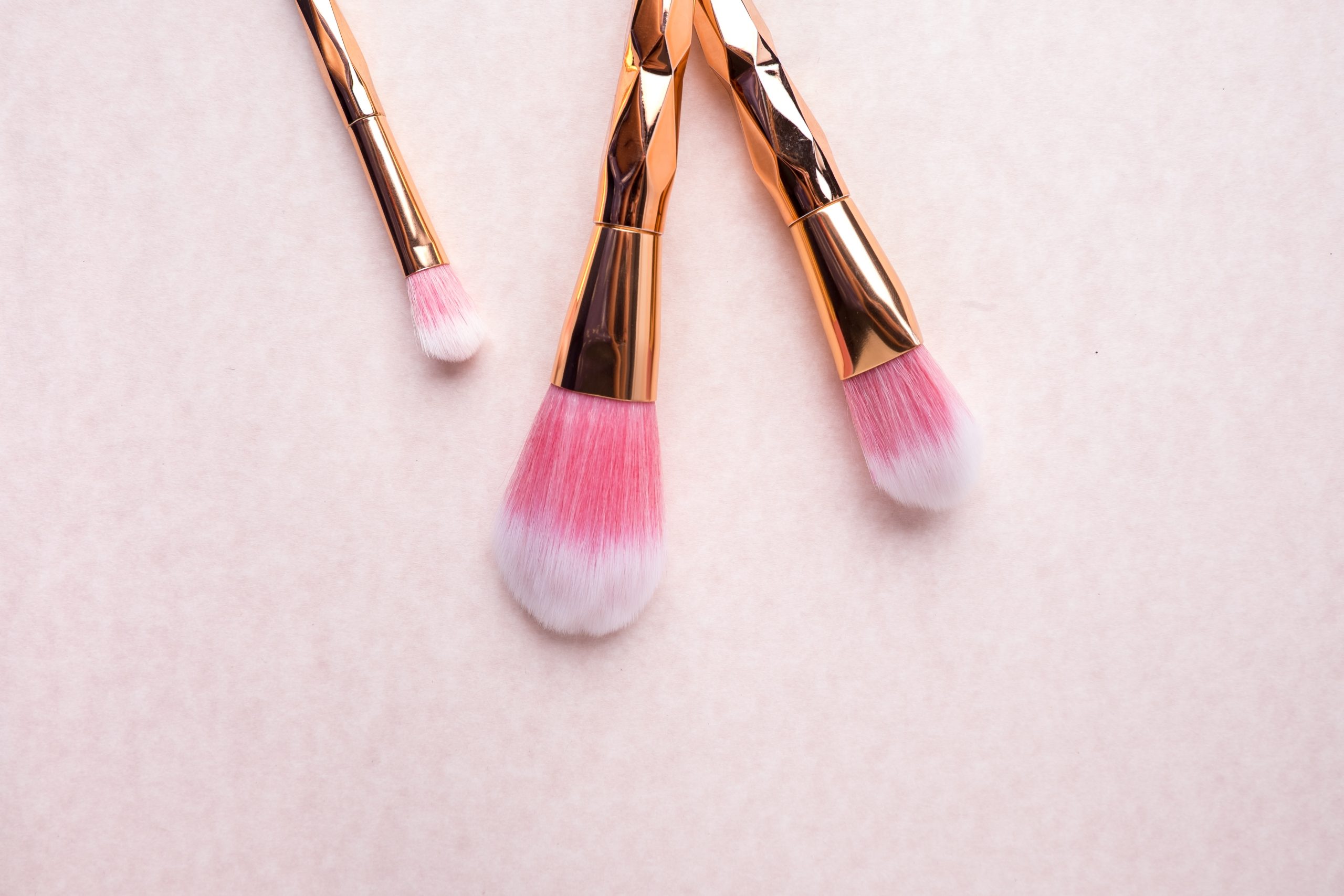If you suffer from eczema, you aren’t alone. There are many people that have it and are looking for ways to care for it. Luckily, this article will help you get the information you need to take care of eczema. Read on for tips and tricks to help you care for your skin.
Understand what makes your eczema act up. It could be that there is a certain type of soap that gets you every time, for example. In most cases, you do not want to use anything that has a scent attached to it. That means it may be necessary to avoid perfume, some body lotions and even certain types of make-up.
Keep the temperature constant in your house. That means you will have to use your air conditioning system at different points throughout the year. If the temperature fluctuates too much, that can be a trigger for your eczema. During the winter, it may be best to get a cool mist humidifier as well, so that your skin does not dry out.
If you have allergies, being exposed to what you are allergic to may make your eczema worse. Eczema is not an allergy, but some common allergens that could trigger eczema are dairy products, eggs, wheat and tomatoes. Other things that could make your eczema flare up are pet dander, pollen, dust and mold.
Try to avoid taking hot baths and showers. The extreme temperatures of the water can actually cause eczema flare-ups. The humidity and steam can also dry your skin out, which can make eczema uncomfortable. Try using water that is room temperature any time you shower or take a bath.
Keep your hands protected. These eczema-prone areas are exposed to water and irritating substances like cleaning products. Too much moisture or sweat can trigger symptoms. When you need to submerge them in water, try using rubber gloves. Wearing cotton gloves can also keep hands protected when doing work around the house. Try wearing cotton or leather gloves when doing outside work.
In areas which have cold weather during the winter, those who have eczema need to take special care to prevent flare-ups. When dressing for cold temperatures, it is important to dress in a way which does not promote overheating and sweating since both of these trigger the itching and scratching cycle. If one dresses in layers, the removal of extra garments can prevent overheating.
Watch your body and figure out what triggers your eczema. Some things that can trigger an eczema flare up include perfume, soap, some fabrics, and detergent. Physical triggers can include stress and sweating. Then, when you have pinpointed the culprits, stay away from them at all costs.
Do you have eczema on your hands or wrists? Cold winter weather can be really brutal on these areas if they are not properly protected. The cold, dry air associated with winter can increase the dryness of your skin. Of course, this can cause a flare-up of your eczema. To help prevent this from happening, rub a ointment-based moisturizer on your hands and wrists. When you go outside, wear gloves for added protection.
When taking a bath or shower, use only very gentle cleansers. Don’t scrub too hard. After you take a shower or a bath, pat your skin dry gently. Be sure to moisturize all over with a natural oil such as olive oil. This will help keep the moisture from your bath in your skin.
Take a bath at least once a day. Showers are great for getting clean, but sitting in the tub is the best way to soothe and moisturize your skin. You do not need to limit yourself to one bath a day. If you find that it helps, take as many baths as you need to.
Always wash your bedding, blankets and pillows on a regular basis. Don’t wait until they seem dirty. Do it at least once a week to keep you bed as free from allergens and irritants as possible. Use a gentle detergent and softener that doesn’t contain harsh chemicals or fragrances which can cause irritation to sensitive people.
Always apply a moisturizer or lotion after taking a bath or shower. Your skin will have absorbed moisture and using a moisturizer or lotion after a bath or shower will help to keep that moisture locked in your skin. So keep a long lasting lotion on hand and use it as part of your bath ritual.
Start putting a soothing oil in your bath with you. Using a bath oil will help keep the water from drying your skin out. You can emerge from the tub with your skin hydrated and nourished. Then finish up by applying a lotion to lock that moisture and hydration in.
Don’t wash your clothes in harsh detergents. Choose gentle, natural products and use them sparingly. Any product you purchase should be labeled as being safe for people with sensitive skin. Consider using white vinegar instead of fabric softener. It softens well and helps balance the pH level of the fabric to make it less irritating.
Find out if you are allergic to anything in your immediate environment. If you are allergic, take steps to remove the allergen or mitigate exposure to it. Build up your immune system with B and C vitamins and a healthy diet. This will reduce any allergic reactions you may experience.
There are many people that suffer from eczema. You don’t have to suffer with it any longer. This article had many tips to help you clear up your eczema problems. Start using them immediately to find a way that works for you and stick to your skin care routine.
